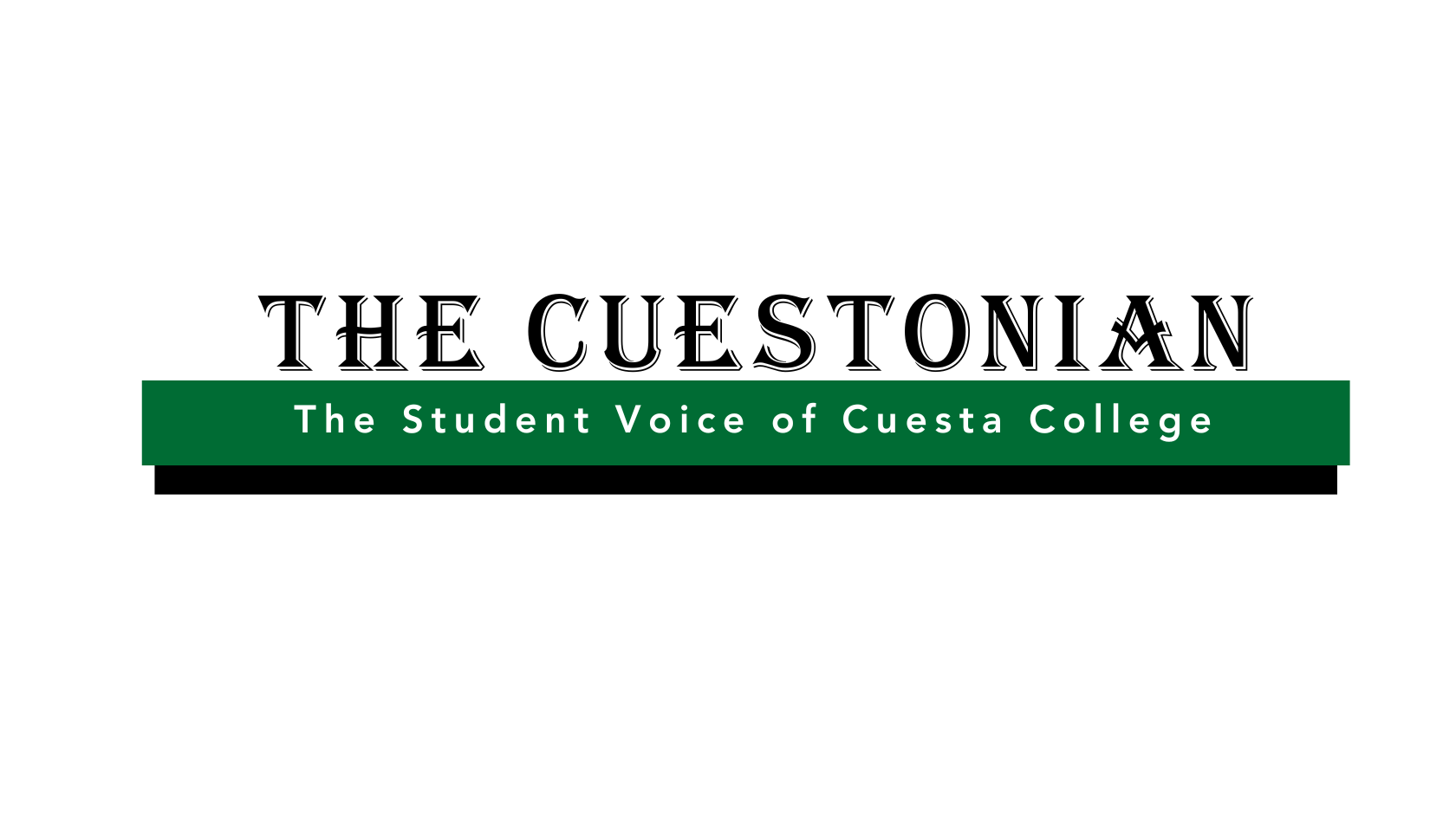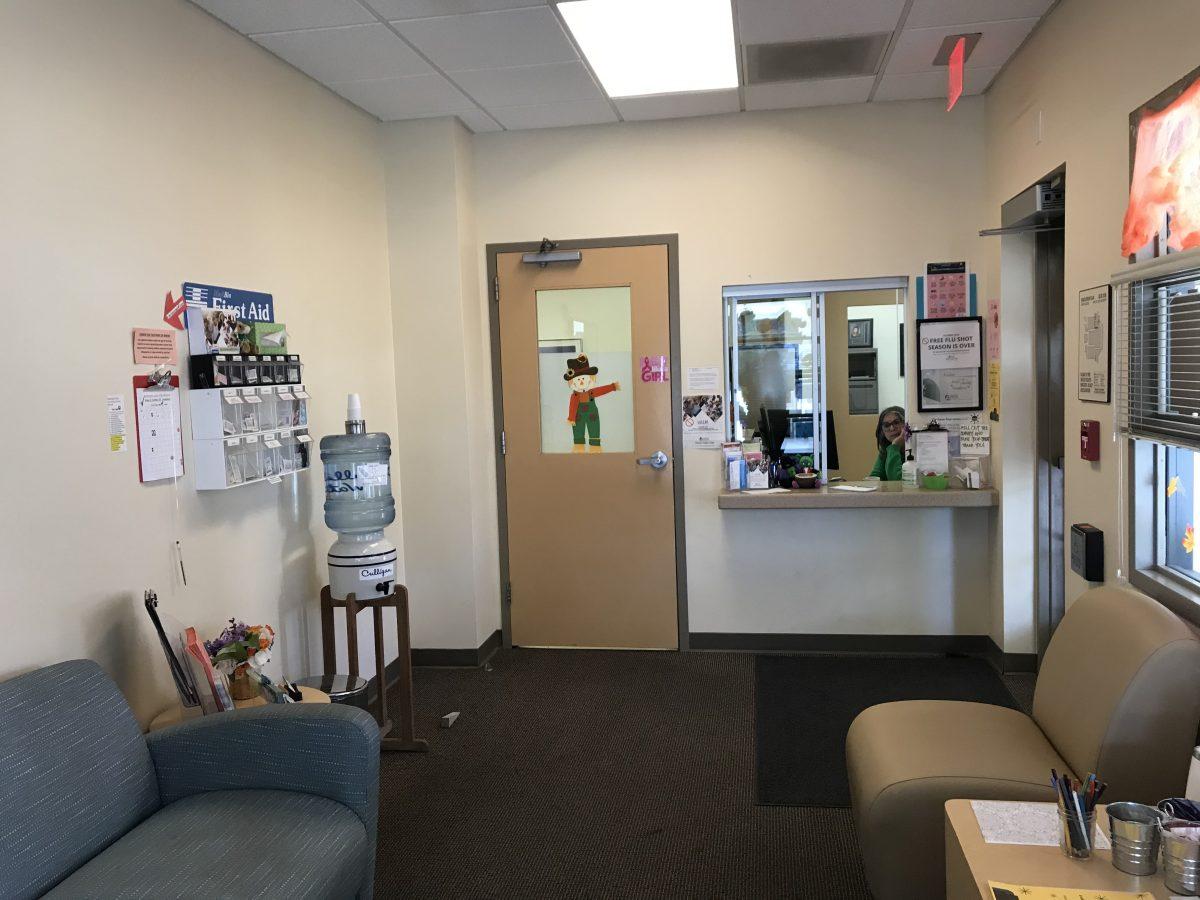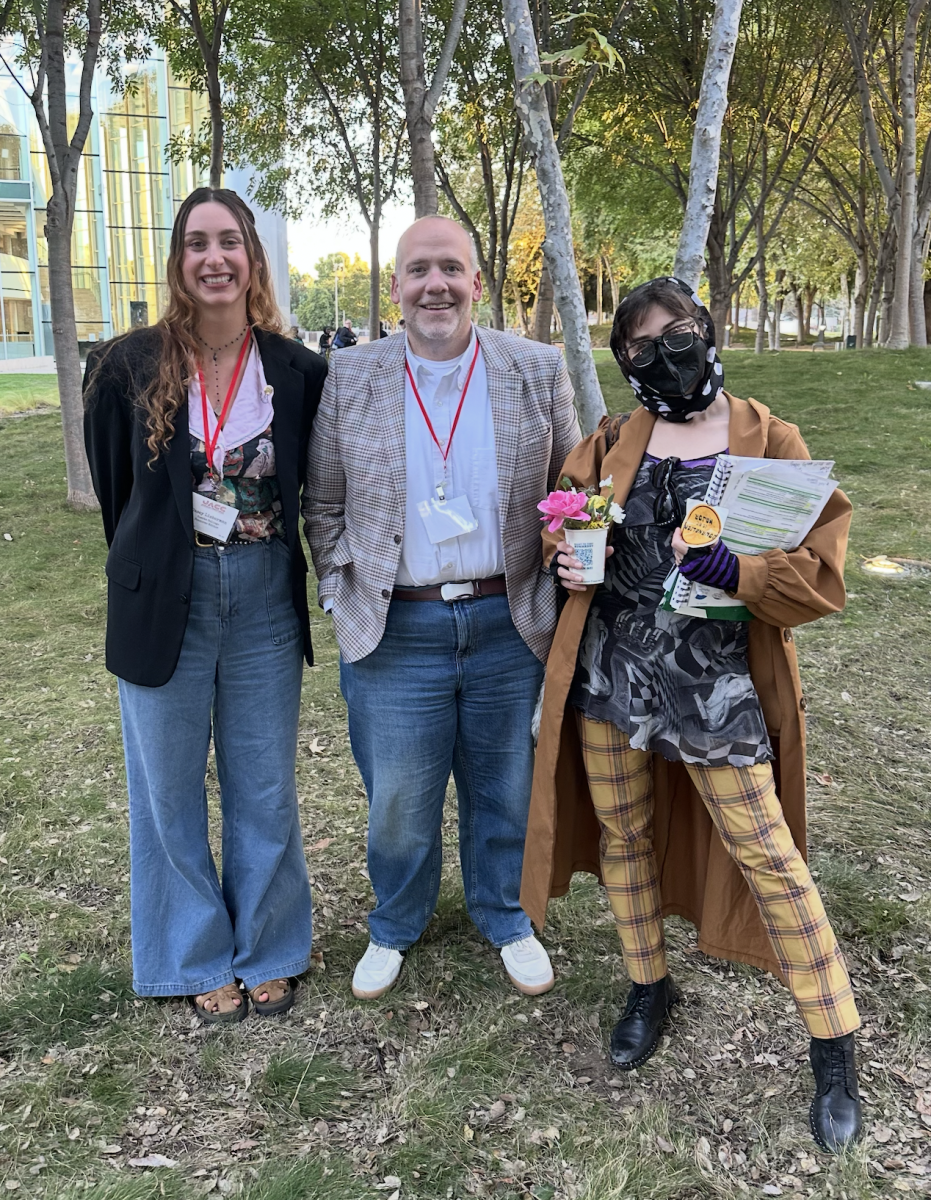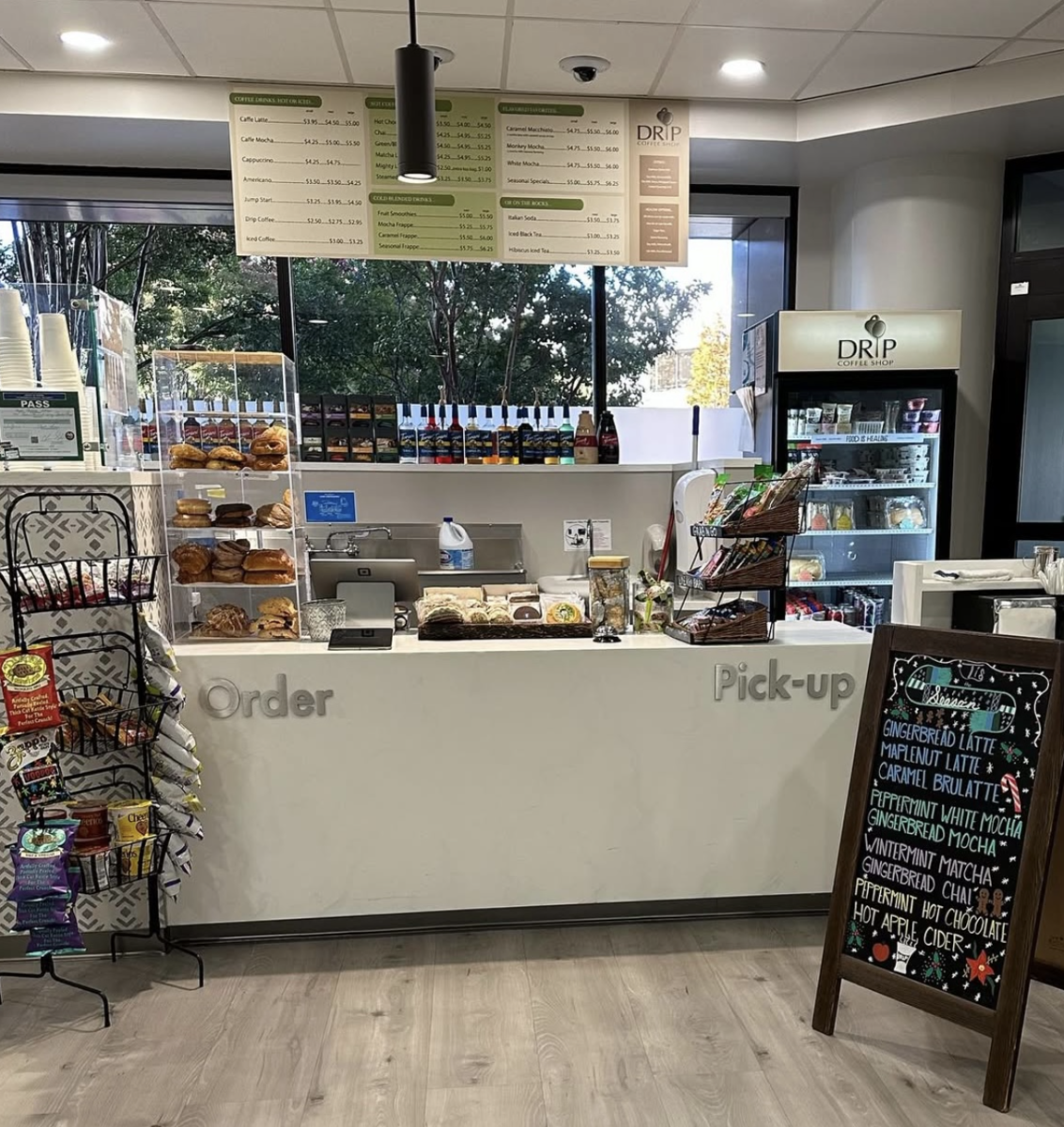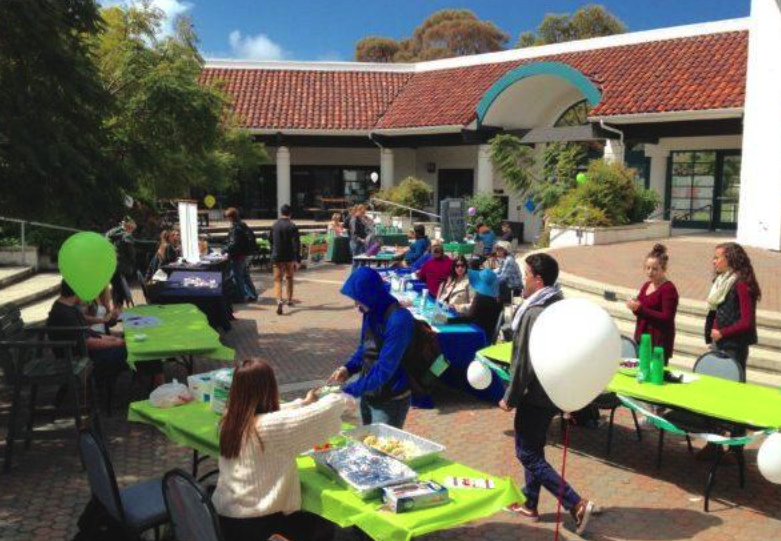Mental health issues are a growing concern for young adults, especially those attending college.
According to the 2002–2003 National Epidemiological Survey of Alcohol and Related Conditions (NESARC), mental health issues is a growing problem for college students.Â
Cuesta College offers students free therapy sessions with help from a Licensed Marriage and Family Therapist (LMFT) and an Associate Marriage and Family Therapist (AMFT). Students are provided six free sessions per semester.
According to Cuesta College’s Director of Health Services, Nicole Johnson, the program began after a demand for the services. Johnson stated that the shift in society regarding the mental health stigma pushed for the Student Health Center to create those resources for the students.
“Our services are personalized, confidential and do not transfer with academic records.†stated the Cuesta College Mental Health Services website.
According to Johnson, in the 2018-2019 school year, 327 Cuesta College students were actively using the therapy services.
In addition to the therapy sessions, the therapists can also provide referrals for those who require more help after the six free sessions. Their services also include: group therapy, couples therapy (including LQBTQ+ community), as well as referrals for drug and alcohol services.
The North County campus takes appointments and walk-ins on Wednesdays and Thursdays, while the SLO campus is Monday through Friday.
Cuesta is also offering the opportunity for students to meditate through Guided Imagery.
“Guided imagery is the easiest, most user-friendly form of meditation you can find. It’s simply listening to words and music that guide you on a positive journey, where you imagine yourself relaxing and doing well, with all your senses.†stated the Cuesta College Mental Health Services website.
According to Johnson, another part of the services the program provides is crisis intervention.
“If a student is in crisis and often times it’s other faculty or staff that encounters a student, or maybe a friend of the student currently in crisis, they can be brought to the center and be seen by either one of our therapists if they have an opening, or often times it’s a registered nurse that can help them in crisis,†Johnson said.Â
The program defines students with a crisis as those who are a danger to either themselves or others. Johnson stated that those suffering from imminent issues won’t have to wait two to three weeks for an appointment.
The program has also recently applied for a grant, which would help in starting even more services like pushing for more education, and hiring more therapists to take on more students in need of the services.
“We continue to build an awareness and know that every one of us on campus can play a role in helping connect our students with help,†Johnson said. “We just never really know what’s going on in someone’s life which could be the reason why they may not be attending class, or are unengaged and withdrawn.â€

